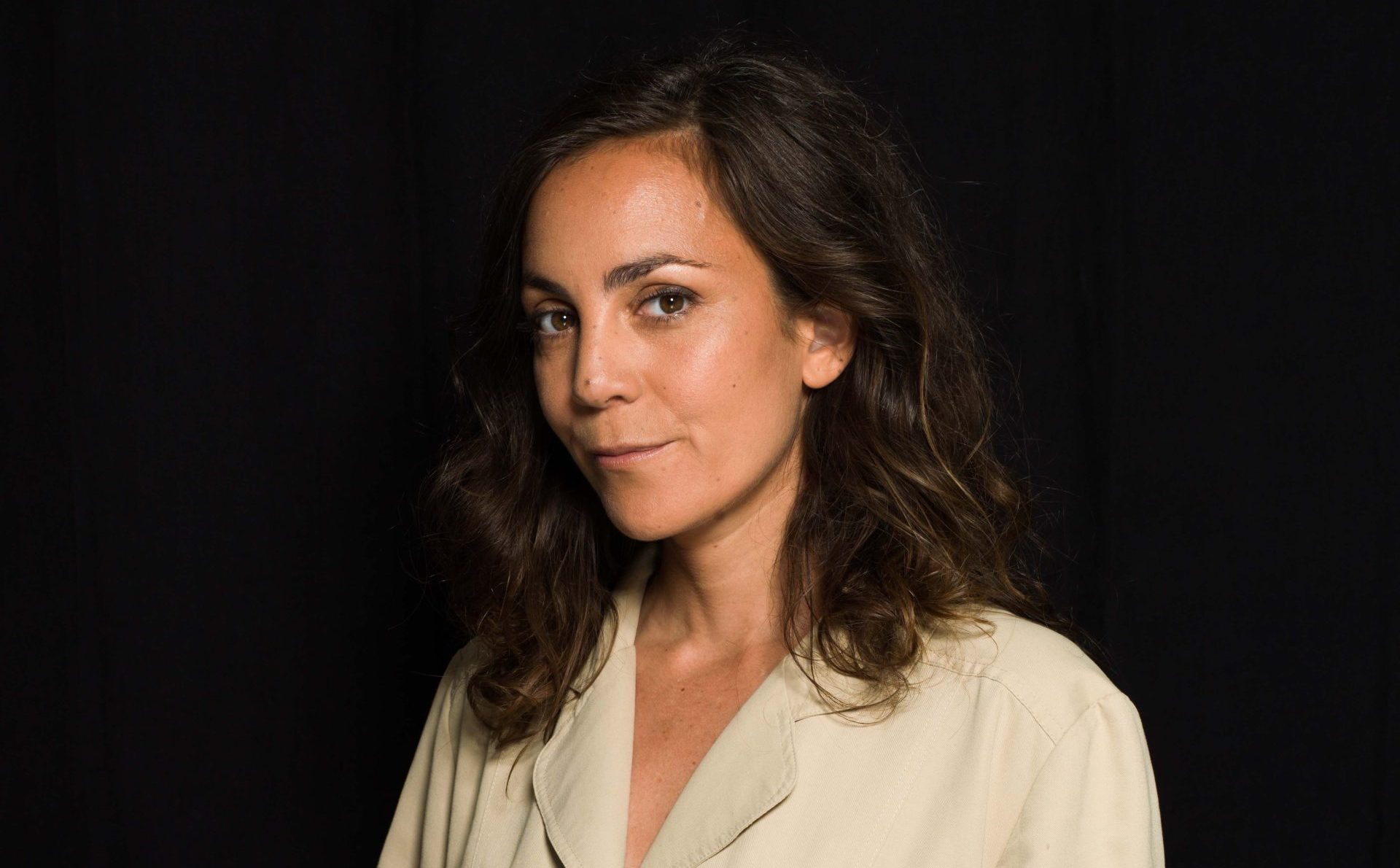Hind Meddeb
Filmmaker
March-April 2026

- Cinema
- New York
“At the death of my father, the writer Abdelwahab Meddeb, my mother Amina and I rediscovered 79 notebooks of notes and travel writings scattered throughout his archives. A long process of transcription then began.”
I grew up between France, Morocco, and Tunisia. These years of moving between cultures and languages shaped the uniqueness of my perspective. I studied philosophy, German, and political science in Paris and Berlin. I now live between Asilah and Paris.
At the death of my father, the writer Abdelwahab Meddeb, my mother Amina and I rediscovered 79 notebooks of notes and travel writings scattered throughout his archives. A long process of transcription then began. More than any other texts, these writings reveal the man he was — a lover of beauty and life who moved between civilizations and languages, describing what unites people more than what divides them. Abdelwahab traveled to places, settled there, and sought to understand; every detail was carefully examined. For example, when he wandered through the global city that is New York, where he lived, recognizing in it a cosmopolitanism in action, and where he finally felt free, freed from his status as a “former colonized.”
What also strikes me are the people and encounters he experienced along the way. When he takes us into working-class neighborhoods and ventures where no one else goes to capture the pulse of the underworld. In places dominated by the decline of poverty, he never looks away and never gives in to pity or melodrama.
His American notebooks form a unique body of work, and my residency at Villa Albertine will allow me to bring them to light. In the early 1990s, my father taught comparative literature at Yale University. Numerous work stays led him to travel across California and the East Coast. These journeys were accompanied by reflections on what he called “the status of the former colonized,” a condition in which he often felt trapped in France. In America, he regained anonymity; he was just another immigrant and felt freer. He questioned the origins of September 11, and America’s relationship with the Arab world, a subject to which he devoted an essay, The Disease of Islam. Inspired by Sohrawardi, a Persian thinker from the Middle Ages whose Story of the Western Exile he translated into French, he constantly returned to his own journey as an Oriental who chose to settle in the West.
Transcribing, photographing, filming — to create the material for an upcoming experimental film.
I am retracing the American travels of my father, the writer Abdelwahab Meddeb, following the path of his meditative walks, filming where he went, and meeting his American friends as well as his friends exiled in America. Alongside Édouard Glissant, who taught in Baton Rouge and at NYU, Alaa el Aswani, author of Chicago, and Manthia Diawara, author of Bamako, Paris, New York — all of whom, like him, experienced living in America — Abdelwahab reflected on the conditions of Western exile.
I would like to resume this interrupted conversation by visiting Alaa el Aswani in Chicago and Manthia Diawara in New York, and by revisiting, in my father’s notebooks kept in Martinique, his conversations with Édouard Glissant in Le Diamant, at the time when he went there to participate in the Prix Carbet de la Caraïbes. On many occasions, I witnessed the discussions between Édouard and Abdelwahab about America. Drawing on the archives of their correspondence and Abdelwahab’s notes, I wish to reconstruct the thread of this dialogue, interrupted by their respective passings.
I will be based in New York, where Abdelwahab spent most of his time, and from there I will visit Alaa el Aswani in Chicago, as well as travel to San Francisco and Los Angeles — cities about which he wrote extensively.
In partnership with

Dulac Distribution
